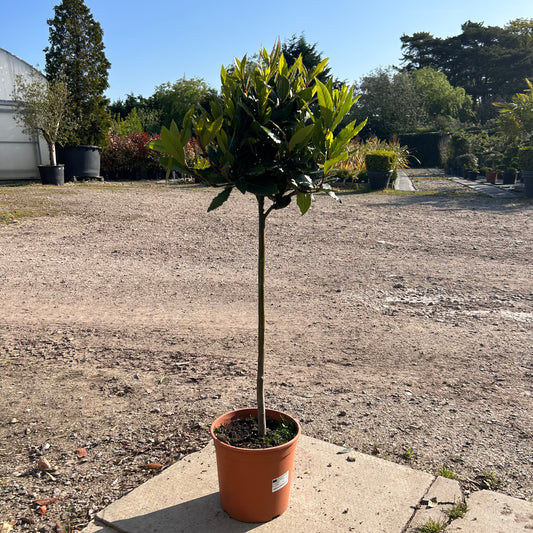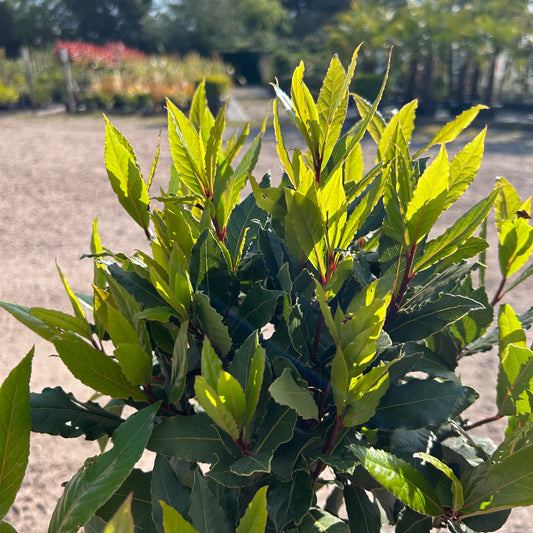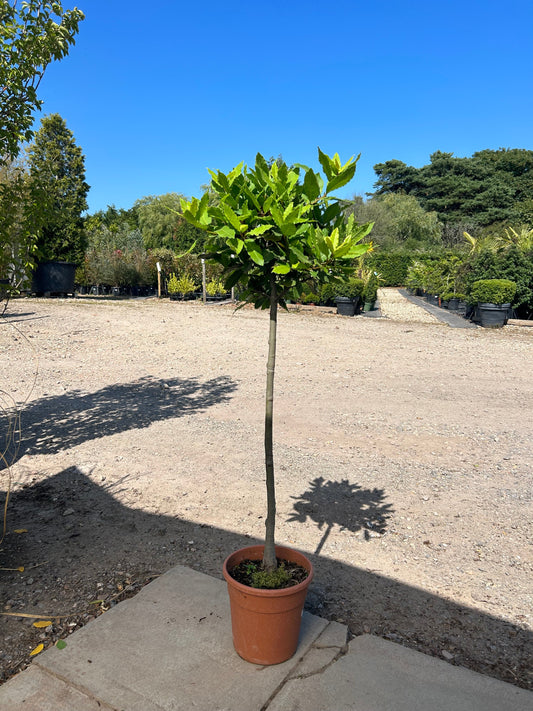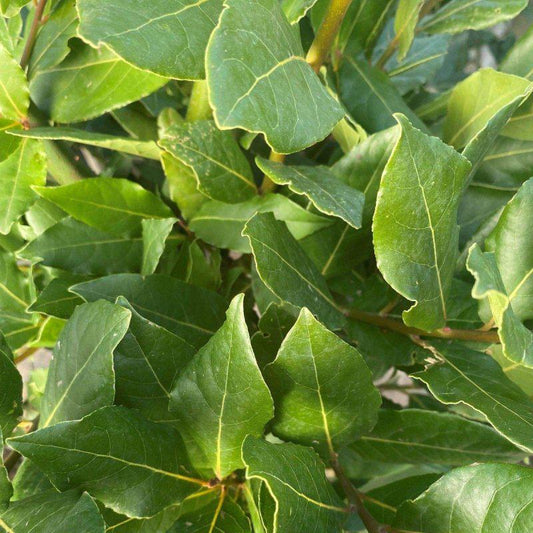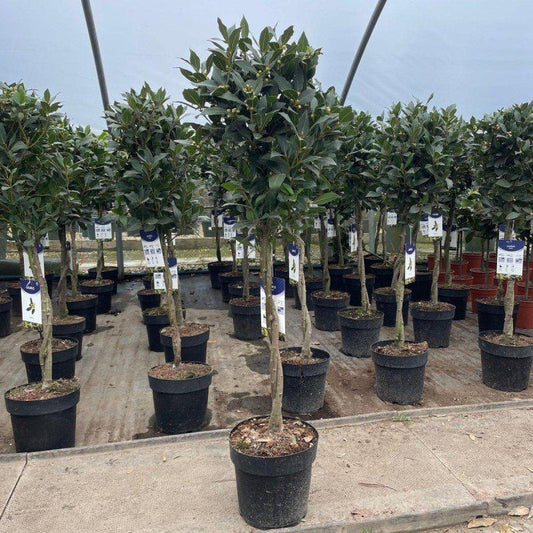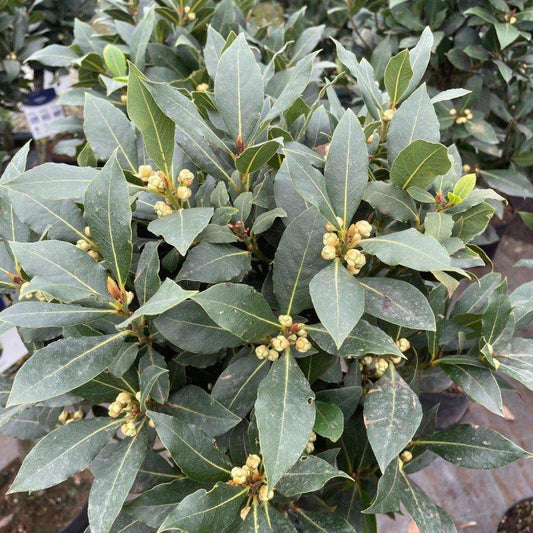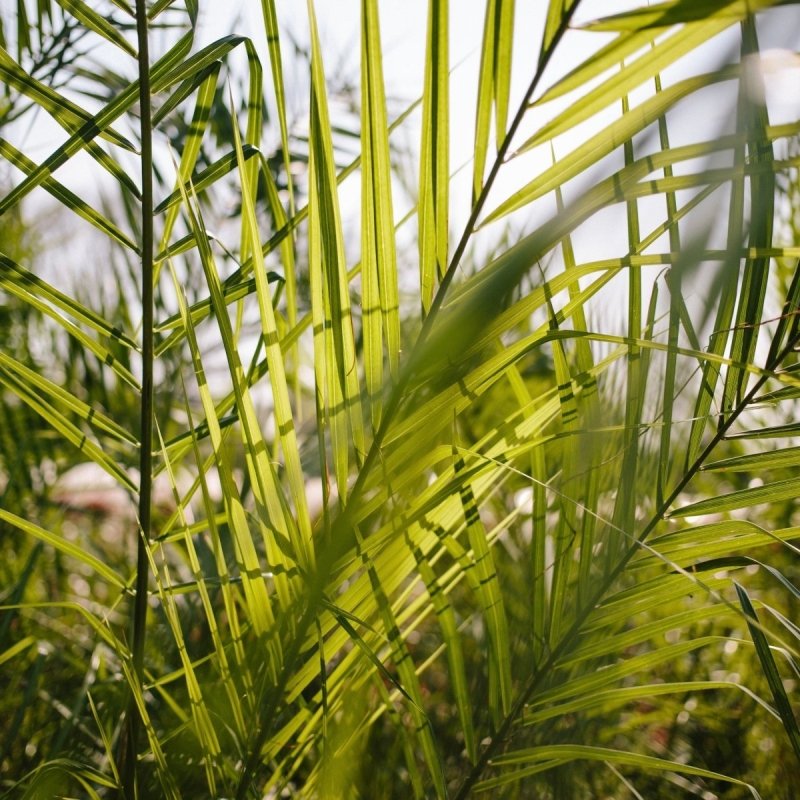Inside this Article:
- Selecting the Right Pots and Soil
- Choosing Insulated Containers
- Well-Draining Soil Mix
- Providing Adequate Watering
- Adjusting Watering Frequency
- Hydrating Before Frost
- Shielding from Cold Winds
- Placing Windbreaks
- Grouping for Mutual Protection
- Applying Mulch
- Using Mulch Alternatives
- Wrapping and Covering Techniques
- Burlap Wrapping
- Frost Cloth Covers
- Regular Inspections
- Winter Feeding
- Frequently Asked Questions (FAQs)
Winter can be harsh on potted palms, and without proper protection, these tropical beauties might suffer. In this comprehensive guide, we'll explore the best practices on how to protect potted palms in winter. From insulation techniques to selecting the right containers, we've got you covered.
Selecting the Right Pots and Soil
Choosing Insulated Containers
Ensuring your potted palms have the right containers is crucial for winter protection. Opt for insulated pots that provide an extra layer of defense against chilly temperatures. These containers act as a barrier, shielding the roots from the biting cold.
Well-Draining Soil Mix
The soil is the lifeline of your potted palms. Use a well-draining soil mix that prevents waterlogging, which can be detrimental during winter. A combination of potting soil, perlite, and sand creates an ideal environment, allowing the roots to breathe.
Providing Adequate Watering
Adjusting Watering Frequency
In winter, the demand for water decreases. Adjust your watering schedule accordingly, letting the soil dry out slightly between waterings. Overwatering can lead to root rot, so it's crucial to strike the right balance.
Hydrating Before Frost
Give your potted palms a thorough watering before the frost sets in. Moist soil retains more heat, offering additional protection to the roots. This simple step can make a significant difference in winter survival.
Shielding from Cold Winds
Placing Windbreaks
Cold winds can be detrimental to potted palms. Create a natural barrier by placing windbreaks, such as burlap or wooden screens, around your plants. This shields them from harsh winds, preventing desiccation.
Grouping for Mutual Protection
Grouping potted palms together can provide mutual protection. The collective foliage creates a microclimate that helps retain heat. It's a simple yet effective way to safeguard your plants during winter.
How to Protect Potted Palms in Winter
As we delve deeper into winter protection, remember that understanding your specific palm species is crucial. Different palms may have varying cold tolerance levels, influencing the extent of protection needed.
Mulching for Insulation
Applying Mulch
Mulching is a game-changer in winter palm care. Apply a thick layer of organic mulch around the base of your potted palms. This acts as insulation, keeping the soil temperature stable and protecting the roots from freezing.
Using Mulch Alternatives
Explore alternative mulching options like straw or pine needles. These materials not only insulate but also add nutrients to the soil as they decompose. It's a sustainable way to enhance winter protection.
Wrapping and Covering Techniques
Burlap Wrapping
For added protection, consider burlap wrapping. Encase the entire potted palm, leaving the top open for ventilation. This method provides a cozy blanket, shielding the plant without trapping excess moisture.
Frost Cloth Covers
Frost cloth covers are excellent for cold nights. These breathable fabrics allow air circulation while protecting against frost. Securely drape the cloth over your potted palms, ensuring it reaches the ground for optimal insulation.
Monitoring and Adjusting
Regular Inspections
Winter conditions can be unpredictable. Regularly inspect your potted palms for signs of stress or damage. Adjust your protection strategies based on the weather forecast and the condition of your plants.
Winter Feeding
Consider providing a winter-specific fertilizer to boost your palms' resilience. This specialized feeding can fortify them against the challenges of winter, promoting healthier growth when spring arrives.
Frequently Asked Questions (FAQs)
Q: Can all palm species survive winter in pots? A: While some palm species are hardier, it's essential to research your specific palm's cold tolerance. Adequate protection is crucial for ensuring their survival in winter.
Q: Is it necessary to move potted palms indoors during winter? A: In regions with extremely harsh winters, moving potted palms indoors can be a wise decision. However, with proper protection, many palms can withstand winter conditions outdoors.
Q: How often should I water my potted palms in winter? A: Adjust the watering frequency to allow the soil to dry slightly between waterings. Overwatering is a common issue in winter and can lead to root rot.
Q: Can I use plastic containers for potted palms in winter? A: Plastic containers may not provide sufficient insulation. Opt for insulated pots to safeguard the roots from the cold.
Q: Do palm trees need sunlight in winter? A: Yes, potted palms still need sunlight in winter. Ensure they receive adequate light exposure, even on cold days.
Q: Can I use regular garden soil for potted palms? A: It's advisable to use a well-draining soil mix for potted palms, as regular garden soil may retain too much water, risking root rot.


